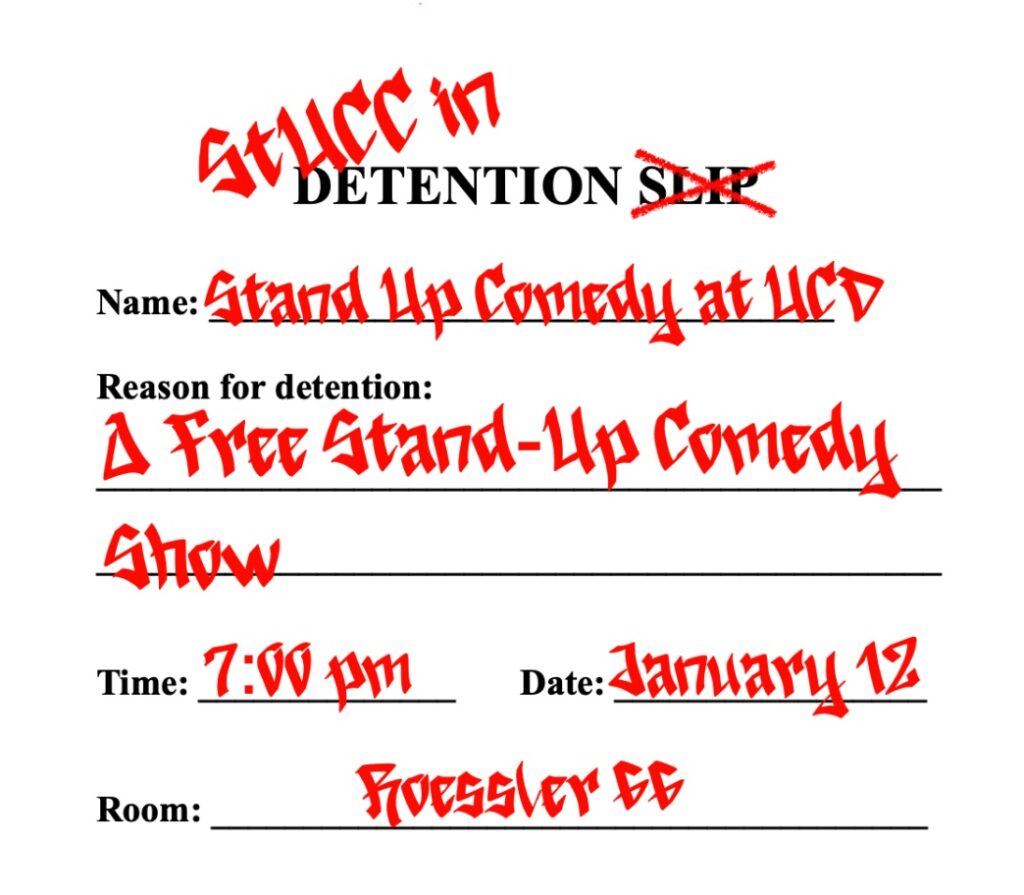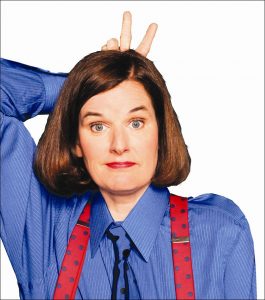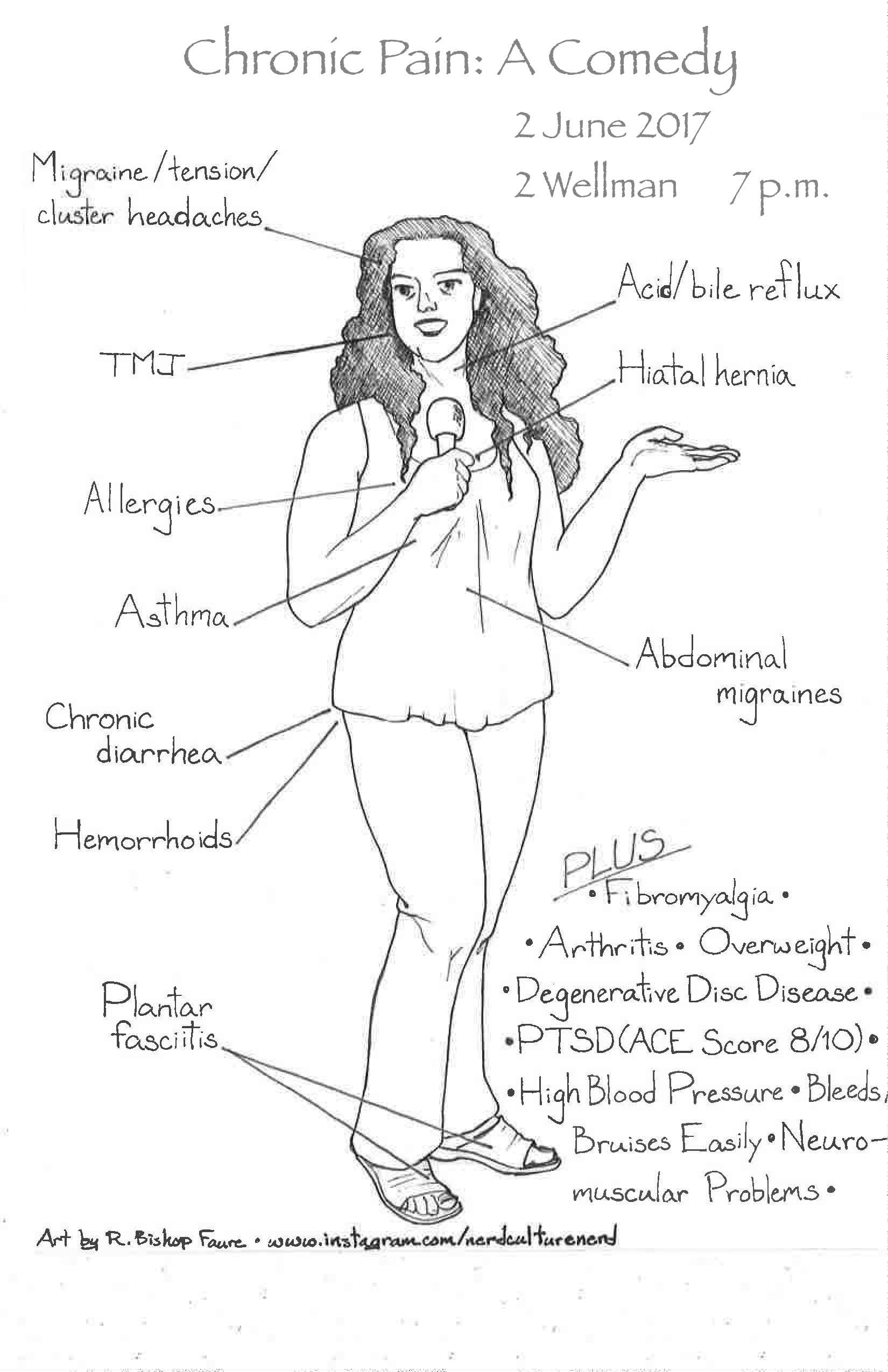What is the relationship between art and health?
Who owns a story?
How do we best craft a story to be heard?
Can any story be true?
Last month, I ventured to Swansea, Wales to attend the Storytelling for Health conference, which featured academic panels and performances. I found myself drawn to the latter, having found myself already at quite a few academic health science & art/humanities conferences lately.
A woman with Parkinson’s interweaved her story with the legend of an old king.
A cast of four brought us the heartbreaking tale of a woman who lost six pregnancies.
A woman whose mother nursed her through a stroke talked about language and where it went when her mother was afflicted by stroke as well.
A storyteller gave us three narratives about cancer.
A multimedia performance: All About My Tits.
The keynote performance was by The Devil’s Violin–an amazing storyteller, Daniel Morden, with a violinist and cellist. The work, Stolen, was fable, fairy tale, and allegory, one created when Morden was undergoing cancer treatment. It was, quite simply, one of the best things I’ve ever seen.
I was apprehensive the next morning, when Morden was in the audience for my performance, Chronic Pain: A Comedy. I was the first performance of the morning, and I’m very glad that they moved me to before the cancer trilogy. Even though the room was small, I asked for a mic to better signal the comic nature of what I was doing–trying to make people laugh with me at my pain.
And it went well. They gasped when they were supposed to, laughed when they were supposed to. But I really knew it had gone over well when the staff at the theatre came up to me afterwards to talk about it. Mostly, people had questions. Why do Republicans in the US fight for something that will mean some people won’t have access to care? Why would anyone support a system in which someone could pay over a thousand dollars for an ER visit, even with insurance? Why would anyone support a system that can bankrupt someone who gets sick or disabled or gets into an accident? Had I really ripped my urethra? (The longer version–a first draft in Davis–can be seen here.)
This was one of the best conferences I’ve ever been to–and not only because it allowed me to discuss issues in a non-academic format, but because it encouraged real conversation and provoked real questions. The woman who talked about her breasts showed them to us at the very end of the performance, but then discovered in the Q&A that we hadn’t reacted to them in the way she assumed. She thought we would compare them to the young breasts we’d seen earlier and find hers wanting. We thought they were beautiful.
When Morden did a Q&A toward the end of the conference, he talked about how hard it was to talk about himself. Indeed, he was “just” the narrator of Stolen, not a “character,” and one wouldn’t know the real-life issue that inspired it. He said he couldn’t work well in first person.
I wonder why I can, why I write creative nonfiction instead of fiction.
It can’t just be because I’m American. 🙂
Swansea was also beautiful, from its castle to its waterfront.
I’m very much hoping to return next year.















Recent Comments